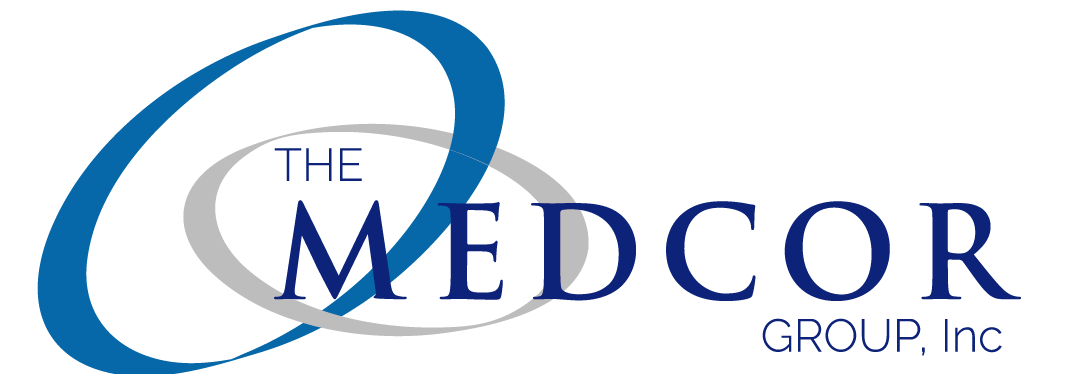Federally Qualified Health Centers (FQHCs) are often the heart of an underserved community, not only as providers of medical care but also as a trusted source of information, a safe place, and a source of myriad other resources. In many cases, a health center is even thought of as an employer, bringing jobs to the surrounding areas. Building your center’s staff from members of the community truly embodies the FQHC spirit.
With that in mind, the decision to outsource any part of your operations can be a very touchy subject. As an FQHC leader, how can you best serve the health center, the community, and your employees when deciding to re-assign functions to an external partner? Does this mean that you will have to lay off staff? What will the board members say?
In our 30 years working with FQHCs, we found that you can minimize the conflicts of outsourcing by redeploying qualified staff to other meaningful positions within the revenue cycle. That’s right, you can outsource your RCM, keep your staff and improve still revenue. The key is to place staff in one of these other revenue cycle-focused roles.
Billing Intermediary – Communication between organizations is critical to the success of outsourcing revenue cycle operations. Without clear, effective, and cooperative communications, the pathway to increased revenue will be obstructed.
The Billing Intermediary position must be filled with a staff member with excellent communication skills. This intermediary will be fully invested in the success of the transition as they are fully invested in the health center’s mission. It is the job of the Billing Intermediary to carry actionable messages between the billing partner and the health center. Additionally, this intermediary must clearly understand to whom the message must be delivered within the health center. They must have a good working understanding of the revenue cycle to provide guidance (not necessarily instruction) to the recipient.
Eligibility Clerk – Denials for patient insurance eligibility are one of the most commonly occurring denials for health centers. The insurance provided by each patient for each visit must be validated before and at each visit. Eligibility checks a few days before the visit allow time to contact the patient for new information. Current staff can be trained to use online resources or functionality within the EHR/EPM to check eligibility and PCP assignment.
Provider Enrollment – While most health centers do an excellent job of ensuring that the essential medical credentialing process is completed before seeing the first patient, the provider enrollment process with the payers is not always even started before that first appointment. A very organized member of your current RCM staff can learn how to enroll providers with the payers with which your health center participates. Clear and effective communication skills are essential for this position for both internal communication with your HR staff and external communication with the payers.
Patient Enrollment Specialist – Health Centers treat all patients regardless of their ability to pay, but having a patient with insurance will very likely produce greater revenue than a patient on a sliding fee scale. It is not uncommon for a patient to be eligible for Medicare or Medicaid but be unable to navigate the enrollment process without a guide. Redeploy an RCM staff member to be available to patients to guide them through the enrollment process. This position will take excellent communication skills, organizational skills to collect and organize paperwork, and an understanding of your state’s Medicaid enrollment process and products.
Front Desk – As is very often said in the revenue cycle world, the battle is won or lost at the front desk. The front desk team at most health centers has the most turnover and the newest employees. Redeploy RCM staff to support the front desk with the current RCM staff’s knowledge of billing, payment, and denials.
Front End Denial – Front end denials can include eligibility, incorrect PCP assignment, non-enrolled provider, missing information, and CPT or ICD issues. Many of these may be managed and overturned by your RCM partner, but some will remain the health center’s responsibility. In the long term, however, the goal is denial prevention. Assigning an experienced RCM staff member to resolve front-end denials, compile data, and present trends will help devise a training or retraining plan for the front desk team.
Front End Trainers – The employee that resolves the denials may not have the skills to train or retrain the front desk team. Assigning an experienced RCM employee to learn the functionality of the EHR/EPM, the clearinghouse, and the payor websites to check eligibility, provider enrollment status, and missing data will be a beneficial investment. That employee will then train not just the front desk staff but some of the clinical staff whose job functions impact billing.
Patients, providers, and front desk staff are constantly shifting in a health center, so these positions remain relevant over time. As we all know, training also has a shelf life; therefore, a regular schedule for retraining, particularly around software updates and changes, is especially meaningful.
The decision to partner with an external RCM expert can absolutely serve all aspects of a health center’s mission. As executive leaders of a Federally Qualified Health Center, your imperative to provide high quality and compassionate care to an underserved community requires constant assessment and change and fluidity for processes and people. Clearly communicating the shared goals with both the redeployed health center staff and the RCM partner staff is critical to the success of the transition.

